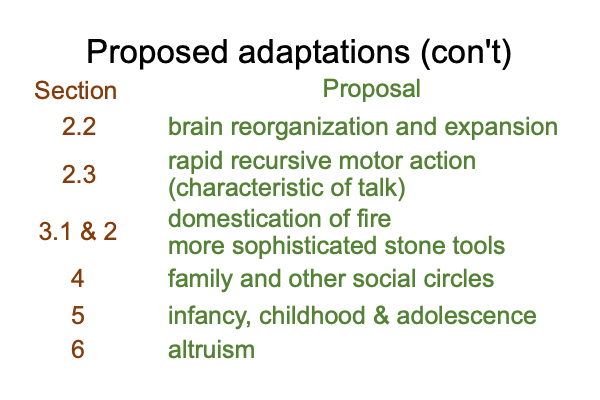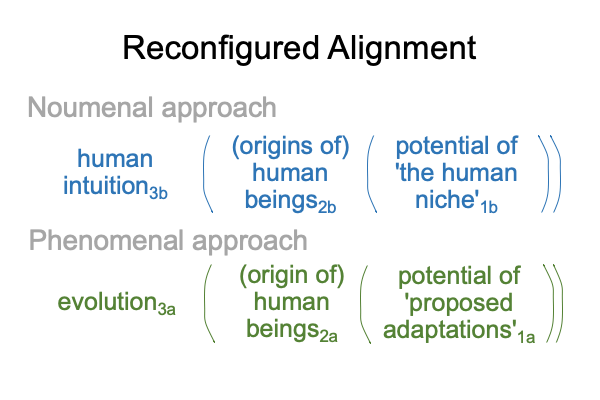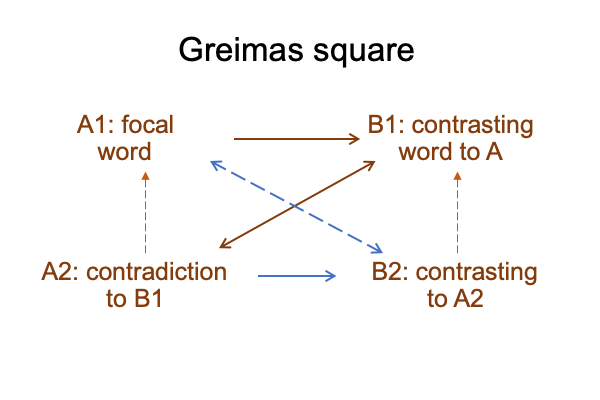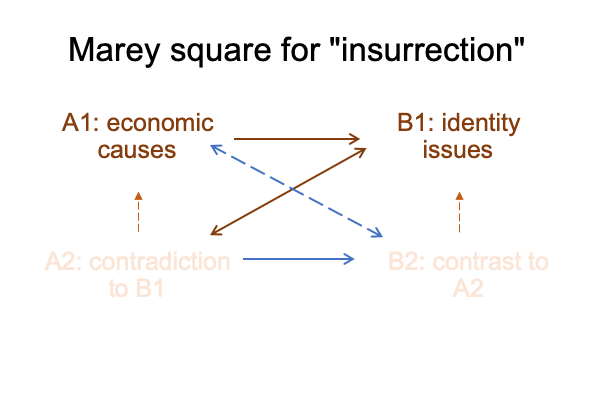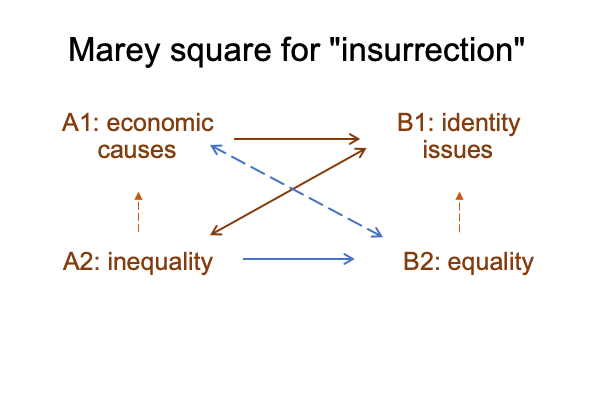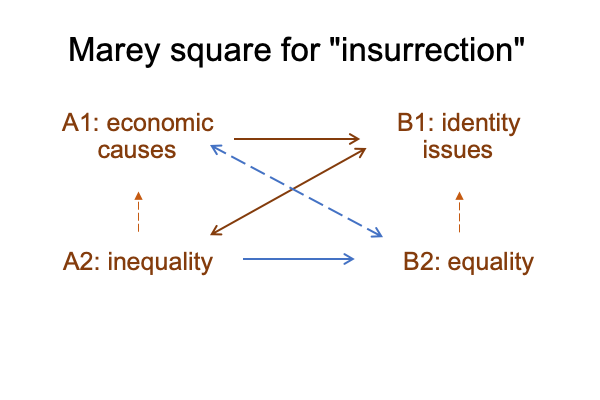0013 What does the strange, historic reversal of the term, “religion” imply?
0014 The term is formed, deformed, and now, reformed.
0015 At first, the term is validated by the presence of Christian factions, vying for sovereign power.
Then, the term is exploited by “not religious” individuals, institutions and mass movements. By identifying as “not religious”, theoreticians, organizations and broadcasters find that they can attain sovereign power in order to implement their own organizational objectives. After all, they technically fulfill the Enlightenment mandate that sovereign states should not be in the business of establishing “religions” (Christian factions).
As a bonus, their competitors, Christian factions, cannot compete.
0016 Exploitation deforms the word “religion”, because “not religious” individuals, institutions and movements operate in precisely the same way as Christian factions during and after the Reformation, only with better technology.
0017 The masterwork, How To Define the Word “Religion”, serves as a corrective to this deformation. The current use of the word, “not religious”, is radically deceptive (B2), accounting for the application of the word, “secretive”, as an adjective, to secular individuals, societies and even, mass movements.
Do they know what they are doing?
Most “not religious” participants in mass movements think that their opponents are “religious”. They are. Yet, these same participants cannot recognize that their own stance is deeply religious, as defined by the masterwork. The “not religious” are religious, too. They revel in their own righteousness.
Hence, blatant hypocrisy defines our current times.
0018 In the ancient world, this type of impasse seizes a city or a region and brings it into memetic crisis (see Rene Girard in this regard). The Bible describes the historical arc of Israel in roughly these terms. The question revolves around the nature of God’s covenant with Israel. God’s covenant is formed, deformed then reformed.
Plus, the path is not smooth. God is at work throughout the Bible. So are we.
0019 For two thousand years, Christians contemplate how Adam’s rebellion influences us (B2). The doctrine of Original Sin characterizes a foundational feature of our current Lebenswelt. We are fallen, then we figure out a truth, then we exploit that truth with a deceptive turn, and we fall again. Sometimes, with God’s assistance, we figure out our mistake and reform.
Concupiscence is more than our desire to bathe our own corporeal dispositions with the waters of righteousness. It is also our desire to inflame our spiritual dispositions with the fire of righteousness. The Reformation term, “total depravity”, captures the way that we claim to define what righteousness is, rather than God.
0020 Isn’t that what Eve does, just before she plucks the fruit of the Tree of the Knowledge of Good and Evil?
